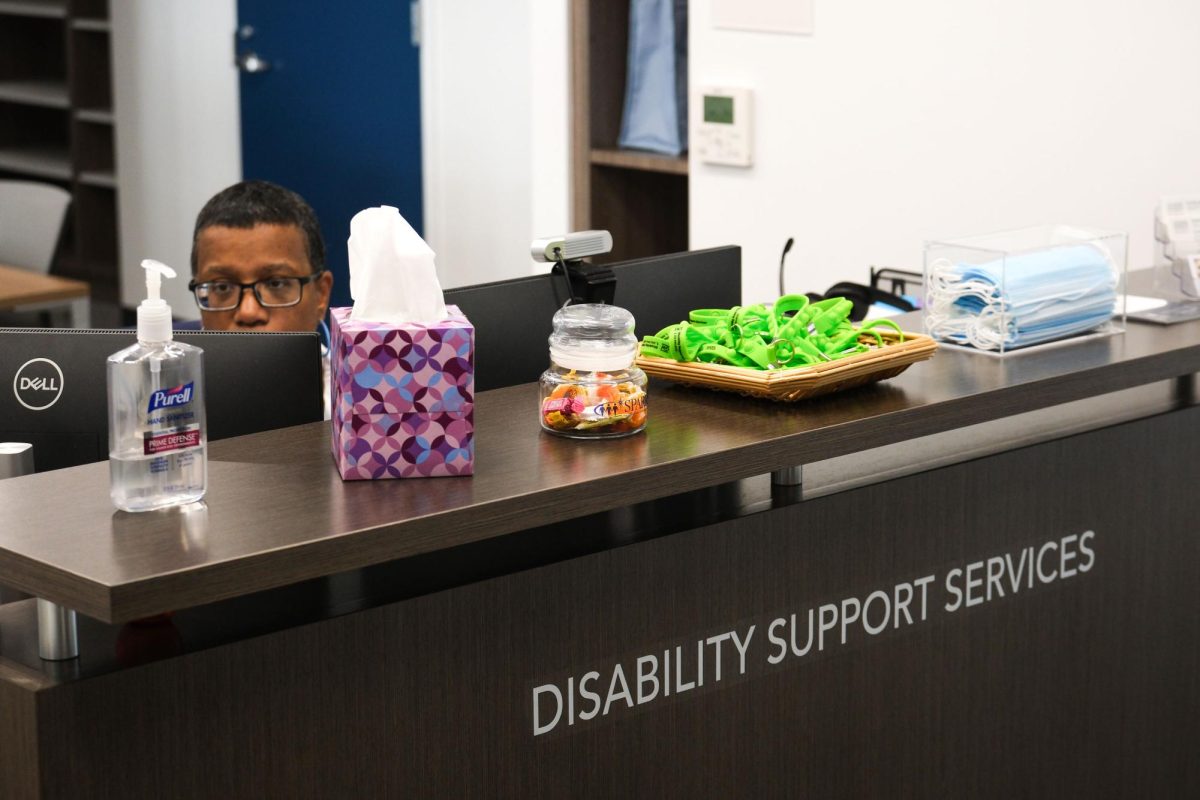Against all odds, President Bush seems to have finally found a way to prevent verbal conflict between the GW College Democrats and GW College Republicans: he nominated one of his lawyers to the Supreme Court.
Because of the lack of reported information available concerning her judicial philosophy, representatives from both student groups said they have been hesitant to pass judgment on Bush’s Supreme Court nominee, Harriet Miers. Neither group has organized any activities to support or counter Miers.
“We and the American people don’t know enough about her yet,” said sophomore Sarah Spooner, press relations director for the College Democrats. “There’s no reason to support her and no reason that we shouldn’t.”
Since Miers has never served as a judge, there is no record of her judicial philosophy and constitutional views. Although nominating someone to the bench who does not have any experience is not new -14 justices since 1930 had no prior experience as judges – the relative mystery surrounding her views has resulted in indecision in both parties.
Conservatives have not expressed as ardent support for Miers as they did for Supreme Court Chief Justice John Roberts, who was confirmed by the Senate Sept. 29 to replace William Rehnquist, who died in early September of thyroid cancer.
The lack of information about Miers has left some conservatives weary that she might be like Republican-nominated Justices David Souter and Anthony Kennedy and not be as conservative as originally expected.
“There is an historical precedent of so-called conservative Supreme Court nominees not turning out to be true conservative jurors,” senior Jeff Holth, chairman of the College Republicans, said. “It’s been the conservatives who’ve lost in this respect, not liberals.”
Democratic Minority Leader Harry Reid (D-Nev.) speaks highly of Miers and said he recommended the White House lawyer to the president as a potential Supreme Court nominee. GW law professor Jerome Barron said that he is not surprised with the Democratic leader’s statements.
“What Reid liked is that she is not a judge and has real world experience, which is very desirable,” Barron said. “He was applauding her work with ethnic and minority groups and her service on city council.”
While the lack of a paper trail has left the College Republicans and the College Democrats looking for insight into Miers’ ideology, the lack of information has not stopped individuals within the group from formulating some preliminary opinions. For both sides, it’s simply a matter of considering the source of the nominee.
“All I know is that she trusts the president, which isn’t a good recommendation,” said Spooner of the College Democrats. “She has a loyalty to the executive branch that a Supreme Court justice should not have.”
Holth said he supports Bush’s choice because she is a confidant of the president’s.
“As much squabbling as there is over her nomination, I have confidence in the president,” he said. “I feel that he is in a better place than me to ascertain her judicial philosophy considering he has worked so closely with her.”
“I hope she does not make law from the bench and that she stays true to the conservatives principles of judicial interpretation,” Holth added. “I hope she sees herself as the one who calls balls and strikes, not the one who pitches and bats.”
Although Miers’ experience consists mostly of working as a corporate lawyer, she was elected to the Dallas City Council in 1989 where she received credit for helping resolve redistricting and desegregation issues. After choosing Miers, Bush said he greatly admires her achievements overcoming gender bias. Miers’ resume includes breaking through several glass ceilings – she became the first woman to be selected as president of the Dallas Bar Association and the Texas State Bar, as well as the first female president of the law firm Locke Purnell.
It will be the Senate’s job to try to ascertain Miers’ judicial philosophy during the confirmation hearings, which have yet to be scheduled. Although some senators criticized Roberts during his confirmation hearing because they said he dodged questions, GW law professor Mary Cheh does not expect Miers to be any more forthcoming.
“She’ll be just as concealed,” she said. “She’s a smart woman and a lawyer, and she’ll just say that it’s improper to prejudge.”
Many professionals believe that Bush felt pressured to nominate a woman for O’Connor’s replacement. If confirmed, Miers will be the third woman to sit on the Supreme Court. O’Connor was the first woman to be appointed in 1981.
Cheh said, “The timing was right and it wouldn’t have sat well if he didn’t pick a woman.”






